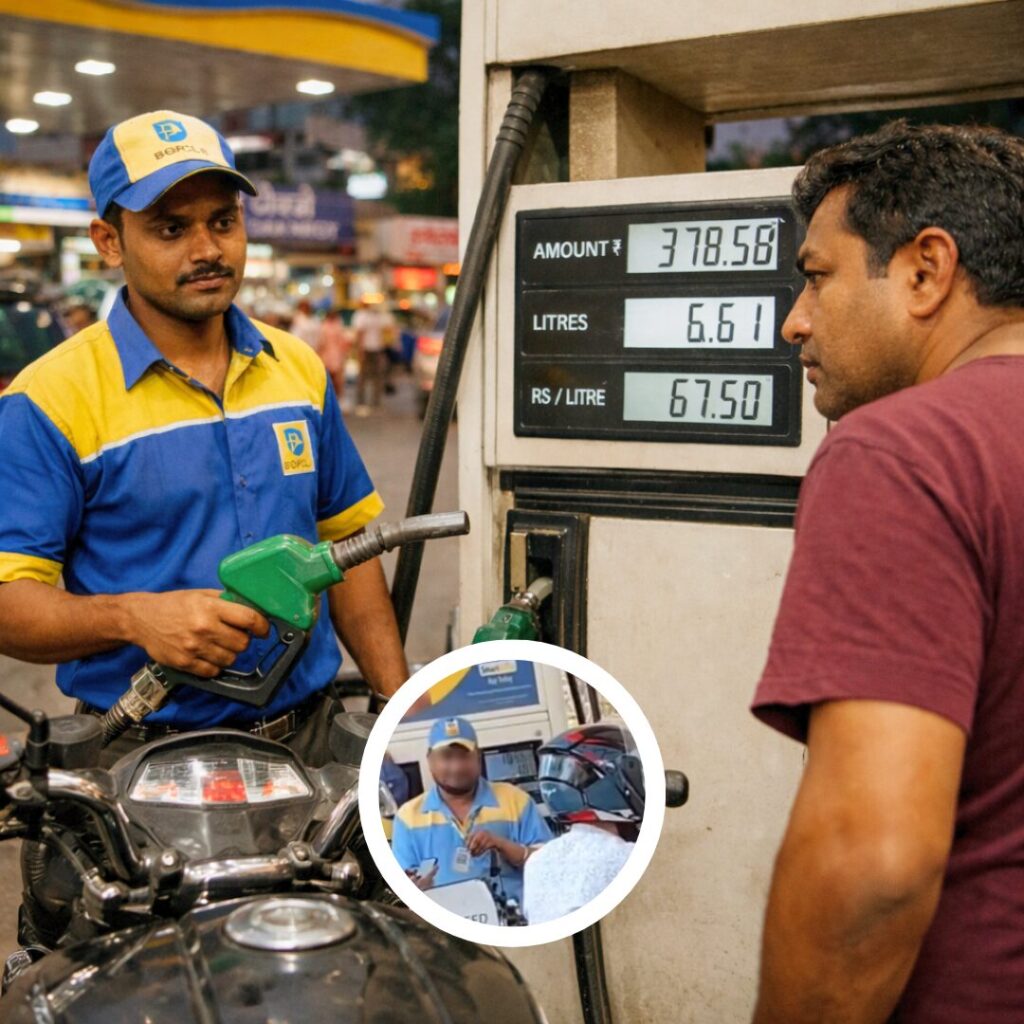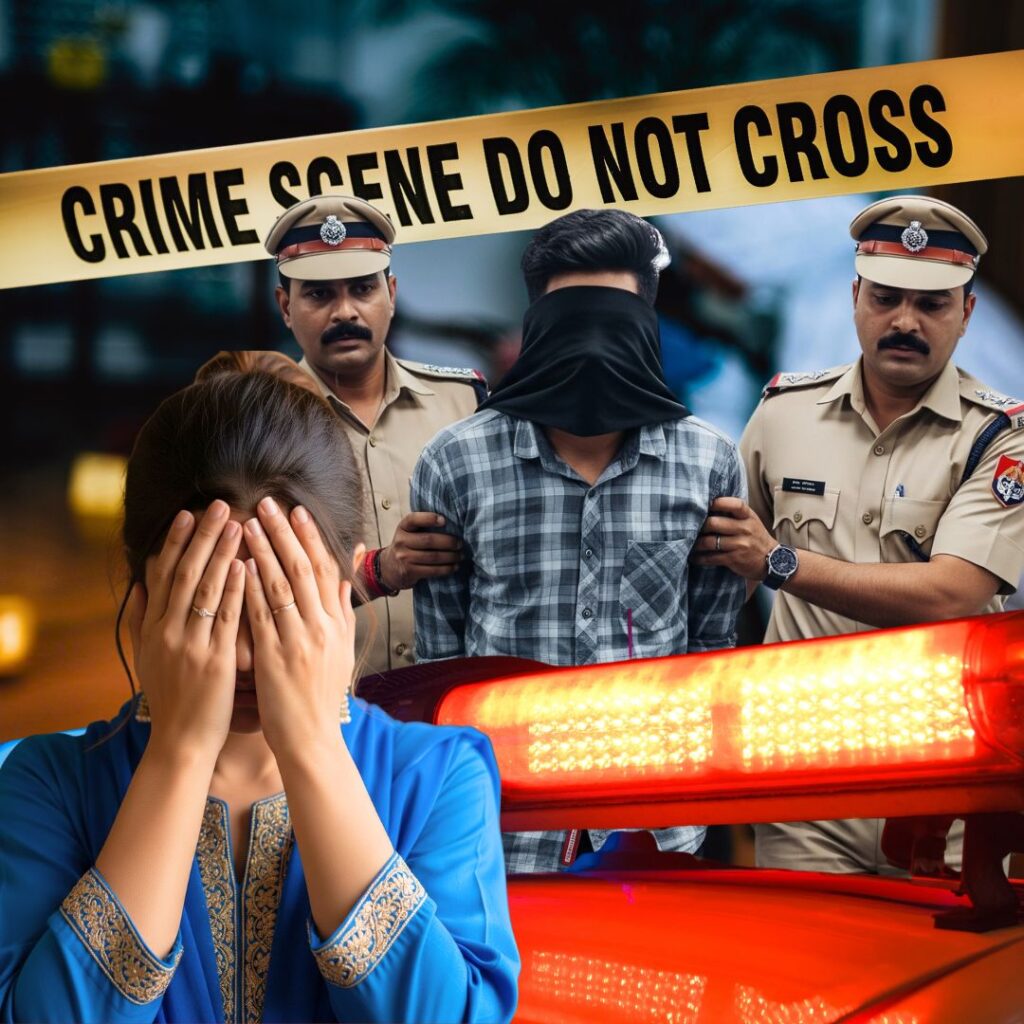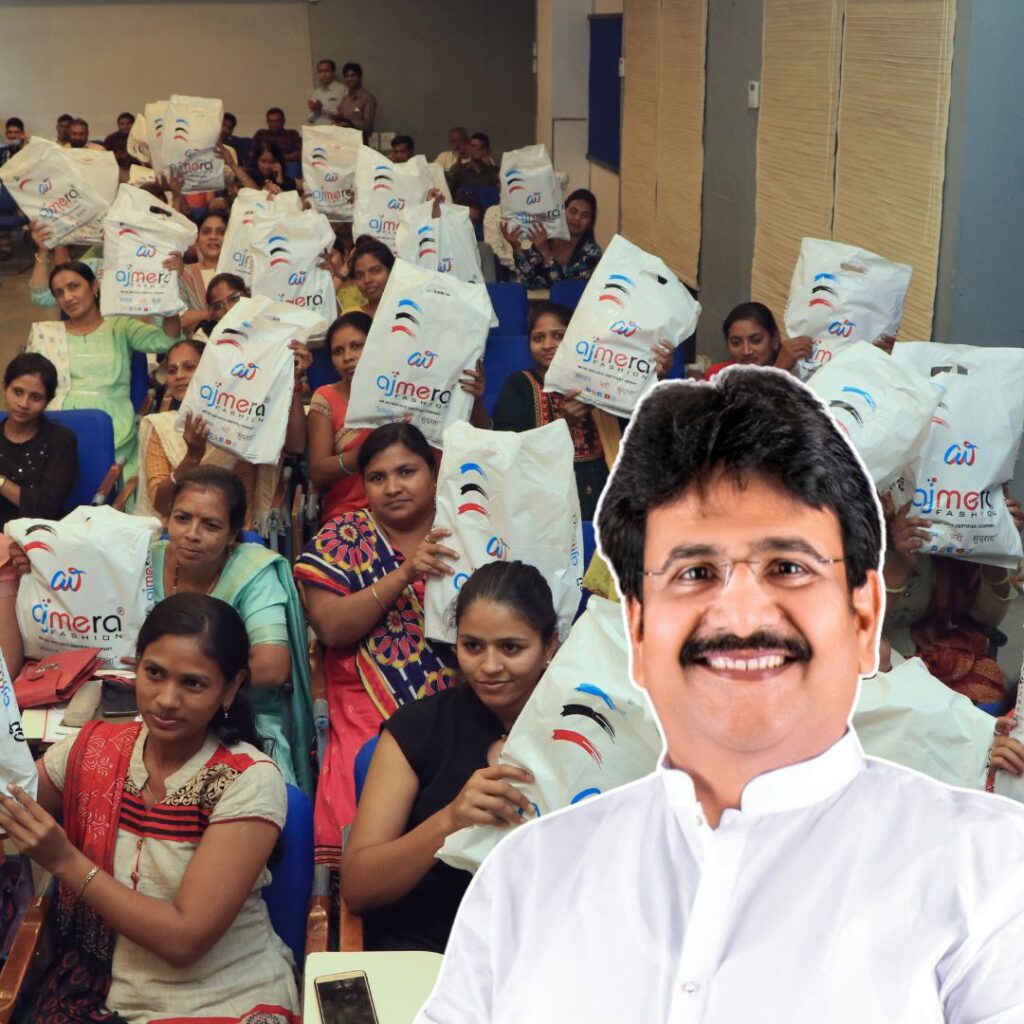Bengaluru’s Regional Transport Authority (RTA) implemented a 20 per cent increase in auto-rickshaw fares from August 1, 2025. The base fare for the first two kilometres rose from ₹30 to ₹36, and the charge for every additional kilometre increased from ₹15 to ₹18.
While officials justify this revision as a necessary adjustment for inflation and rising costs, about 50,000 auto drivers and unions have resisted the hike, demanding even higher rates—₹40 minimum fare and ₹20 per kilometre. Union leaders have threatened to protest by refusing to recalibrate fare meters, risking disruptions in the city’s transport network.
Fare Revision Details and Driver Response
The revised fare structure introduced by the RTA is comprehensive. The minimum fare covers the initial two kilometres at ₹36, while each additional kilometre will cost ₹18. A 50 per cent night surcharge applies between 10 pm and 5 am to account for the inconvenience of night-time operations. Waiting charges have been set at ₹10 for every 15 minutes beyond a five-minute free waiting period, and baggage handling rules allow up to 20 kg free, with a charge of ₹10 for every additional 20 kg, capped at 50 kg.
Despite these changes, many drivers and their unions claim this adjustment fails to match the rising costs they face, including fuel prices, maintenance expenses, and inflation-related price surges for daily necessities. The unions have formally requested the government to raise the minimum fare to ₹40 and subsequent kilometre rates to ₹20, arguing their livelihood depends on it.
In protest, a significant number of drivers have declined to update their fare meters in line with the new rates, challenging the government’s authority and risking fines, legal action, and even cancellation of their permits. Officials have voiced concerns that this could lead to arbitrary fare hikes and unfair passenger charges, fueling commuter dissatisfaction and conflict.
Background and Context: Long-standing Issues in Bengaluru’s Auto-Rickshaw Sector
Auto-rickshaw fares in Bengaluru have remained unchanged since November 2021, even as inflation and operating costs steadily rose, placing financial strain on drivers. The metropolitan area has over 360,000 registered auto-rickshaws, many of which have developed a reputation for non-compliance with meter usage, leading to widespread complaints about overcharging and erratic fares.
In addition to fare stagnation, drivers face several challenges such as rising fuel prices, increasing vehicle maintenance costs, and competition from app-based cab services. Earlier attempts to revise fares were mired in prolonged discussions and disagreements between unions and government authorities.
The current revision seeks to standardise fares across the city and enforce meter use more strictly, with a clear deadline of October 31 for re-verification of fare meters. The RTA’s initiative aims to preserve commuters’ trust and ensure fair pricing, while acknowledging the economic reality drivers face.
The Logical Indian’s Perspective
The Logical Indian recognises the difficult position of Bengaluru’s auto-rickshaw drivers, who struggle to keep up with rising living costs and operational expenses. At the same time, it is crucial to safeguard commuter interests by maintaining affordable and transparent pricing mechanisms.
Balancing these competing needs requires dialogue and empathy among stakeholders—not confrontation. Officials should engage with drivers and unions openly to understand their needs, while drivers must commit to compliance and fair practice. Solutions founded on cooperation and trust can lead to an equitable fare system, enhanced commuter confidence, and a healthier urban transport ecosystem.
Bengaluru’s auto-rickshaw sector is integral to the city’s mobility. As such, collaborative efforts towards a fair fare structure and consistent meter use are essential.













